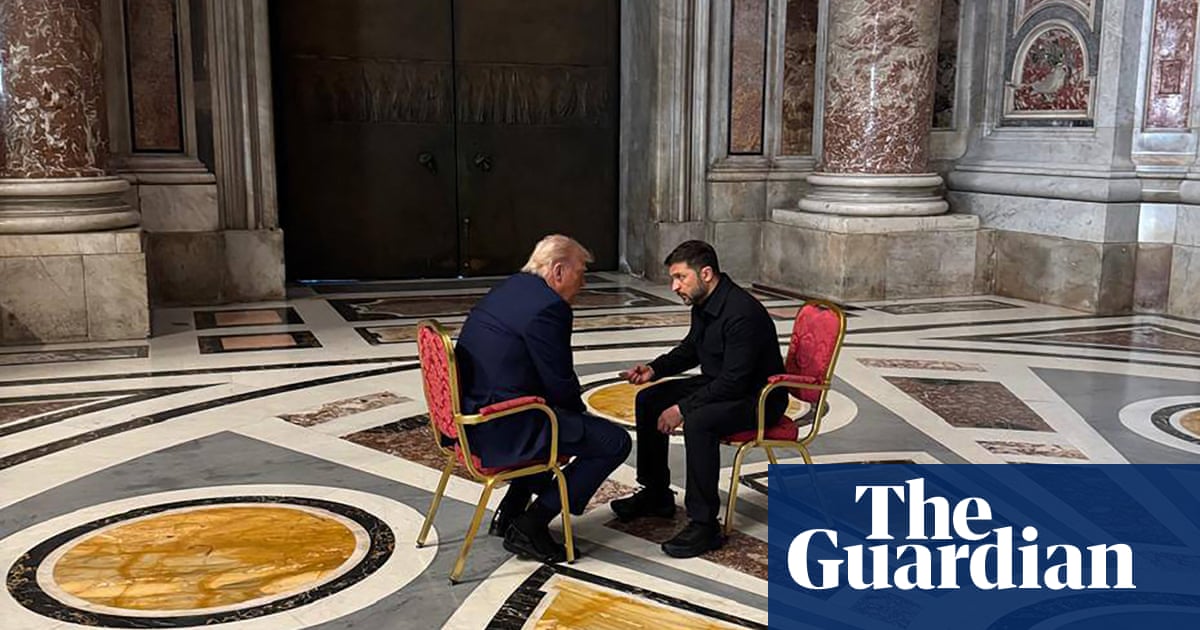Ukraine and the US have signed a deal pushed by PresidentDonald Trumpthat will give the US preferential access to Ukrainian mineral resources and fund investment in Ukraine’s reconstruction.
The accord establishes a joint investment fund for Ukraine’s reconstruction as Trump tries to secure a peace settlement in Russia’s three-year-old war in Ukraine.
After fraught negotiations, which almost collapsed at the last minute, the agreement is central to Kyiv’s efforts to mend ties with Trump and the White House, which frayed after he took office in January.
Here are the key stories at a glance:
The US andKyivhave signed an agreement to share revenues from the future sale of Ukrainian minerals and rare earths, sealing a deal that Donald Trump has said will provide an economic incentive for the US to continue to invest in Ukraine’s defense and its reconstruction after he brokers a peace deal with Russia.
Read the full story
Kristi Noem, the US homeland security secretary, said that if Kilmar Ábrego García was sent back to the US, the Trump administration “would immediately deport him again.” Ábrego García is a Salvadorian man who the Trump administration has admitted was mistakenly deported from Maryland last month. Noem’s comments come as a federal judge again directed the Trump administration toprovide information about its efforts so far, if any, to comply with her order to retrieveÁbrego Garcíafrom an El Salvador prison.
Read the full story
Behind the scenes, the Trump administration has been in touch directly with the Salvadorian president Nayib Bukele in recent days about the detention of Kilmar Ábrego García, the man wrongly deported to a notorious prison in El Salvador, according to two people familiar with the matter.
The nature of the discussion and its purpose was not clear because multiple Trump officials have said the administration wasnot interested in his coming back.
Read the full story
Donald Trumplashed out at an ABC journalist in a tense TV interview to mark 100 days of his second term in office, in which among other confrontations he angrily pushed correspondent Terry Moran to agree with him that a doctored photo was actually real, telling him: “Why don’t you just say yes.”
Read the full story
TheUS economyshrank in the first three months of the year, according to official data, triggering fears of an American recession and a global economic slowdown. Donald Trump, who returned to the White House promising to “make America great again”, sought to blame Joe Biden for the figure.
Read the full story
TheUS supreme court’s conservative majority seemed open to establishing the country’s first public religious charter school as they weighed a case that could have significant ramifications on the separation of church and state.
Read the full story
Mohsen Mahdawi walked out of immigration detention after a federal judge in Vermont ordered his release. The Palestinian green-card holder and student atColumbia Universityhad been detained and ordered deported by theTrump administrationon 14 April despite not being charged with a crime.
Read the full story
Detainees at an immigrant detention centerin the small city of Anson, Texas,sent the outside world a message as a drone flew by: SOS.
The US is treading the path followed by democracies that descended into authoritarianismand dictatorship,former ambassadors to countries that underwent autocratic takeovers warned.
The Trump administration is moving to cancel $1bninschool mental health grants, saying they reflect the priorities of the previous administration.
Catching up?Here’s what happened on29 April 2025.
